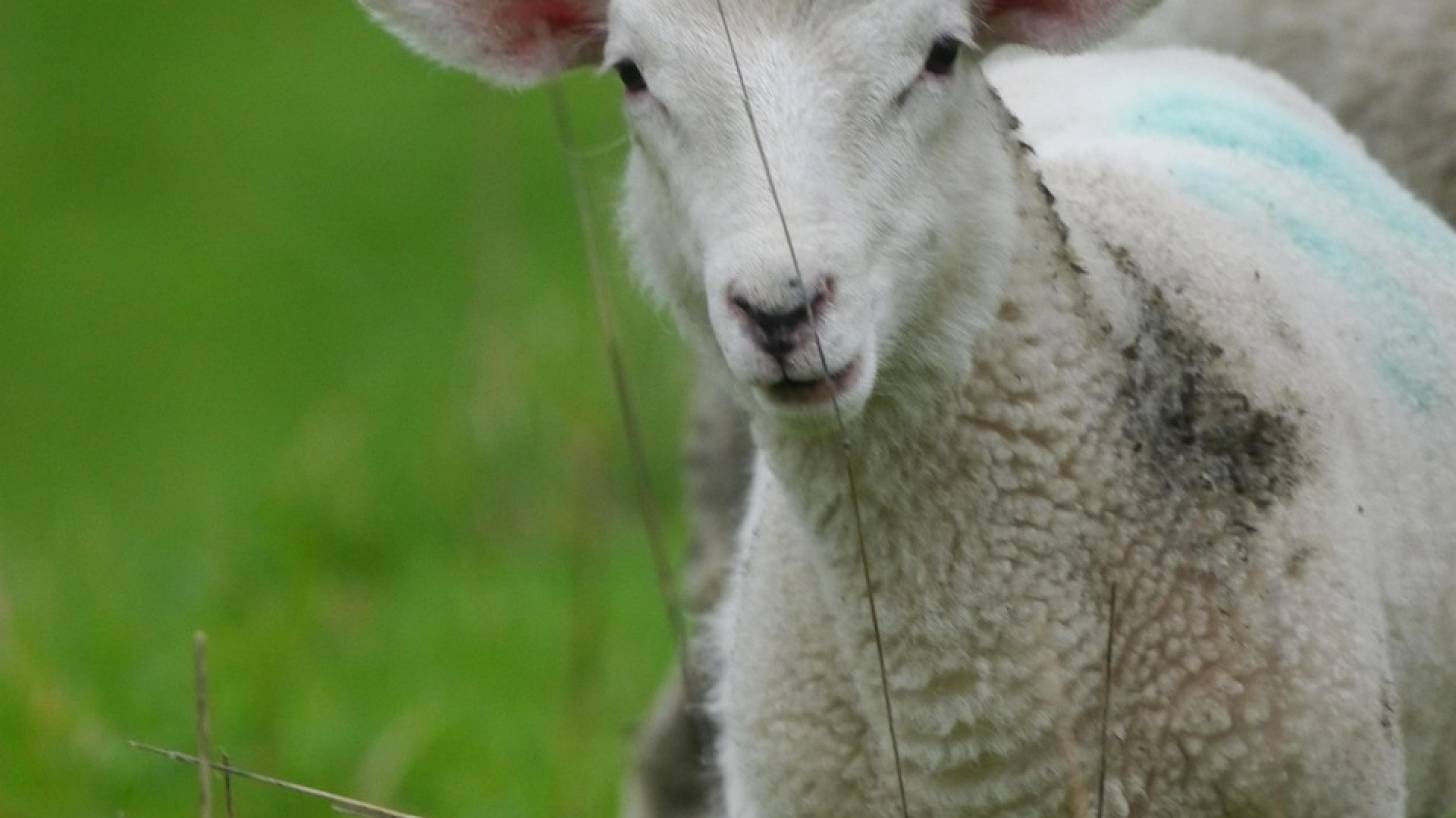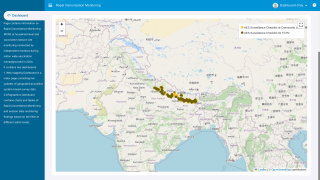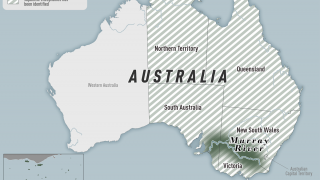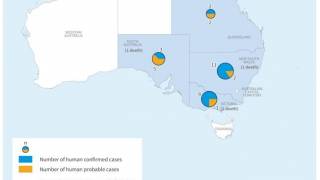Japanese Encephalitis Virus Spread By Mosquitoes, Pigs, and Sheep

Japanese encephalitis virus (JEV), the causative agent of Japanese encephalitis (JE), affected an estimated 69,000 individuals in 2024.
Although JE is vaccine-preventable, it remains endemic in 24 countries and territories across Asia and Oceania, where it has a mortality rate of about 20%.
Since its identification in Japan in 1871, the transmission cycle of JEV has involved pigs and birds as amplifying hosts and mosquitoes as vectors.
However, sheep may be a factor contributing to the transmission cycle.
The results from a study published May 16, 2025, revealed that sheep are susceptible to JEV infection and develop viremia, with levels and duration comparable to those observed in pigs.
Additionally, mosquitoes fed viremic sheep blood showed an infection rate of 40.6 to 57.1%.
These researchers wrote, 'These findings indicate that sheep can serve as amplifying hosts for JEV, potentially contributing to JEV transmission and increasing the public health risk of human infections in specific regions where sheep are bred but pigs are not. This cycle exists along with the well-known pig-associated rural domestic and bird-associated wild cycles.'
In the United States, a risk assessment considered that the potential of introducing JEV into the U.S. may be highest in California due to the frequency of international arrivals from Asia and Oceania.
As of May 19, 2025, the U.S. Centers for Disease Control and Prevention (CDC) says JE survivors are estimated to live normally, but 49% of patients report neurological sequelae.
The CDC recommends JE vaccination when visiting outbreak areas. The Japanese encephalitis vaccine (IXIARO) is U.S. FDA-approved and recommended for travelers in 2025. Travel clinics and pharmacies offer vaccination appointments, which are suggested at least one month before departing abroad.
Our Trust Standards: Medical Advisory Committee








